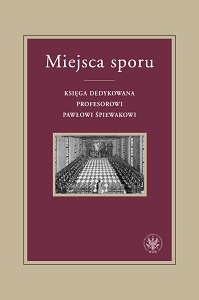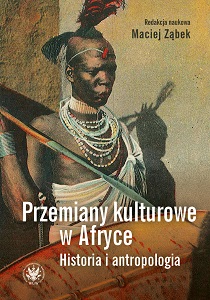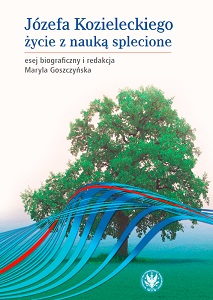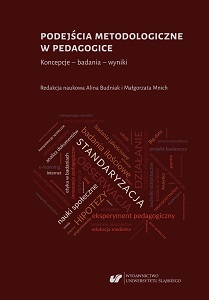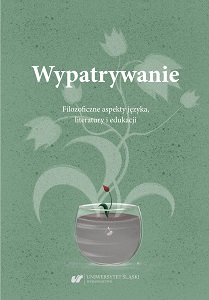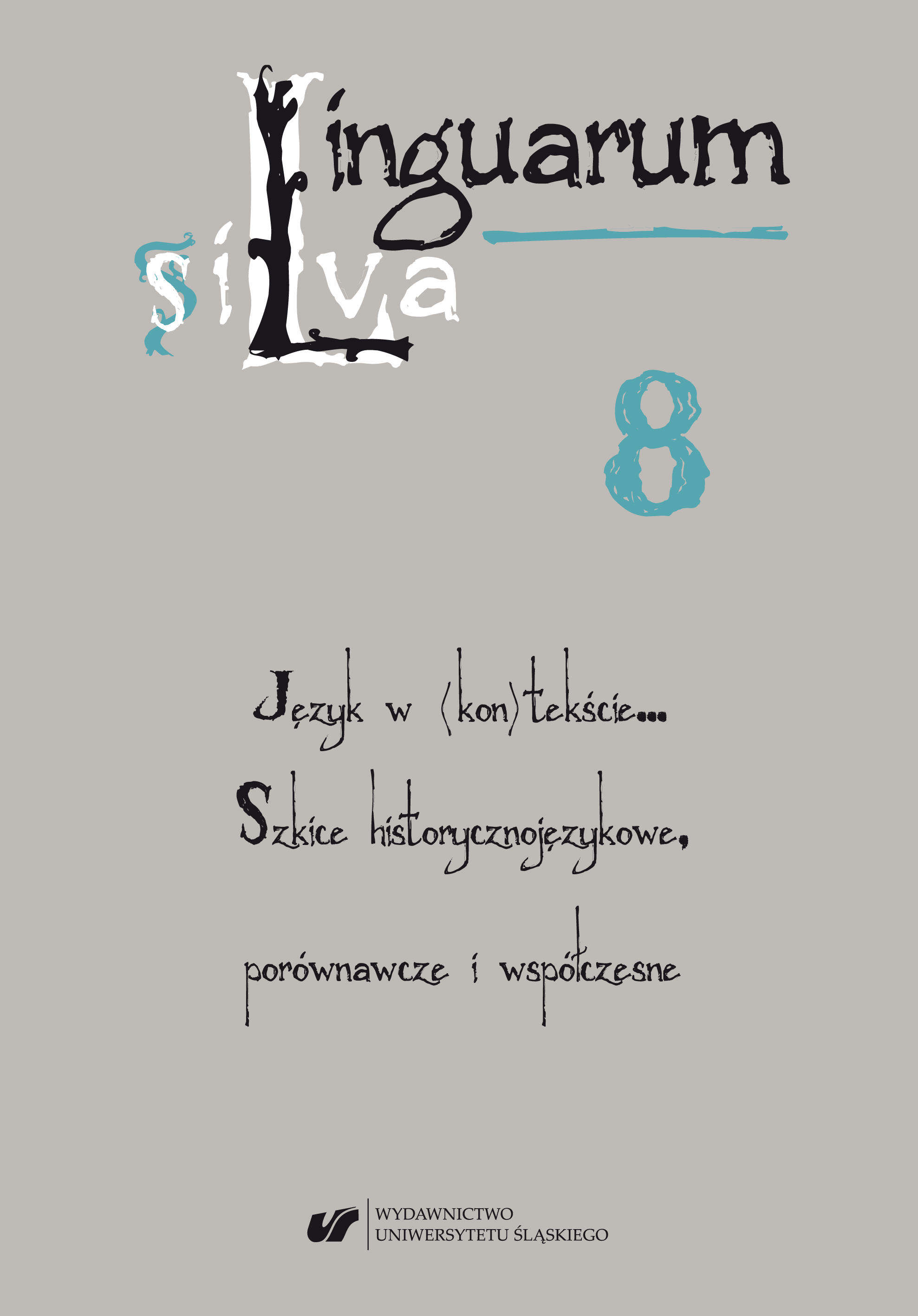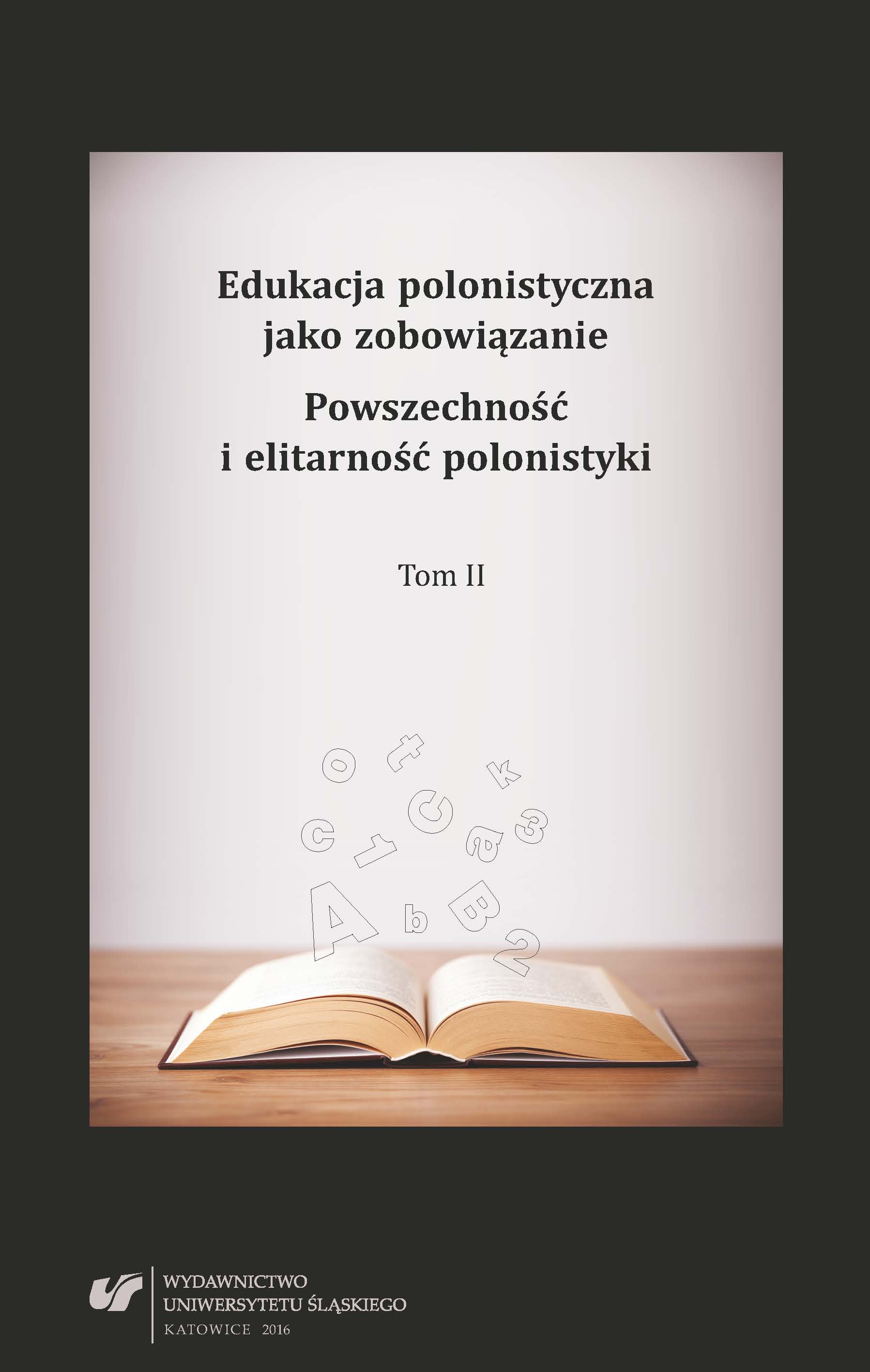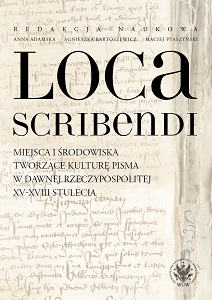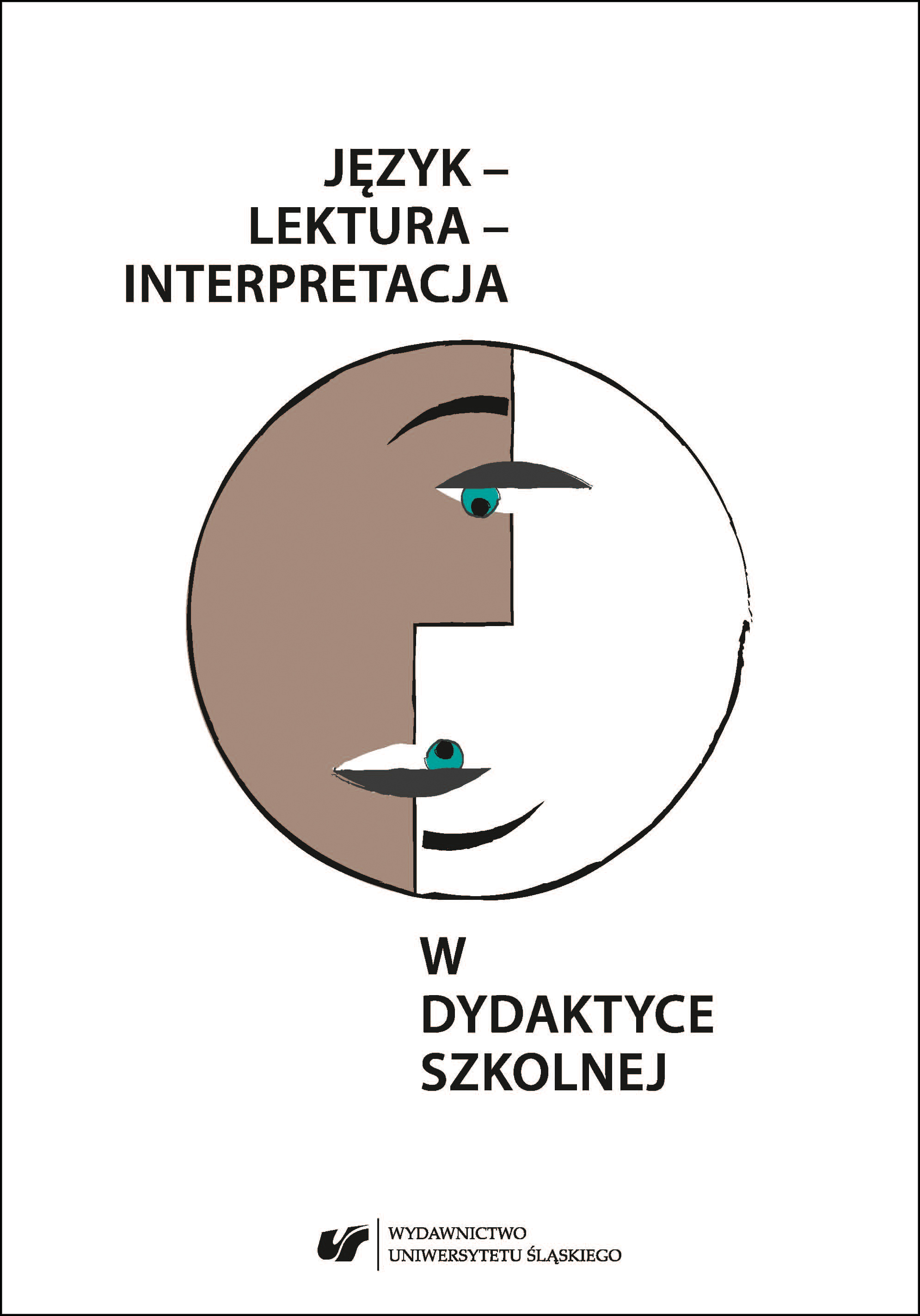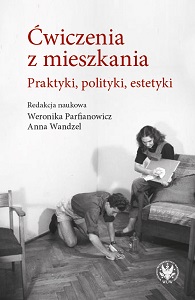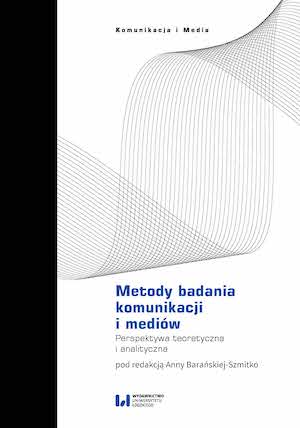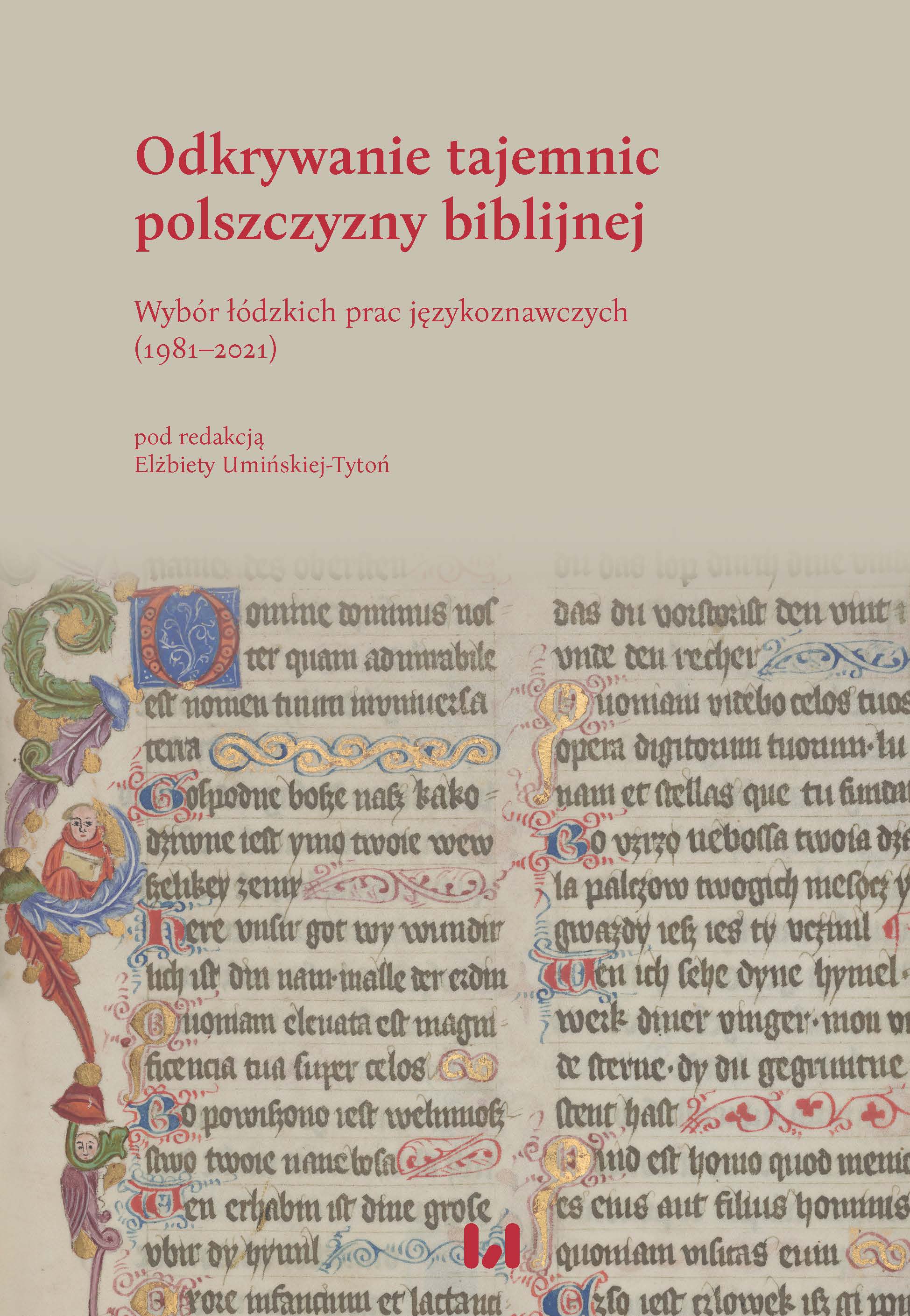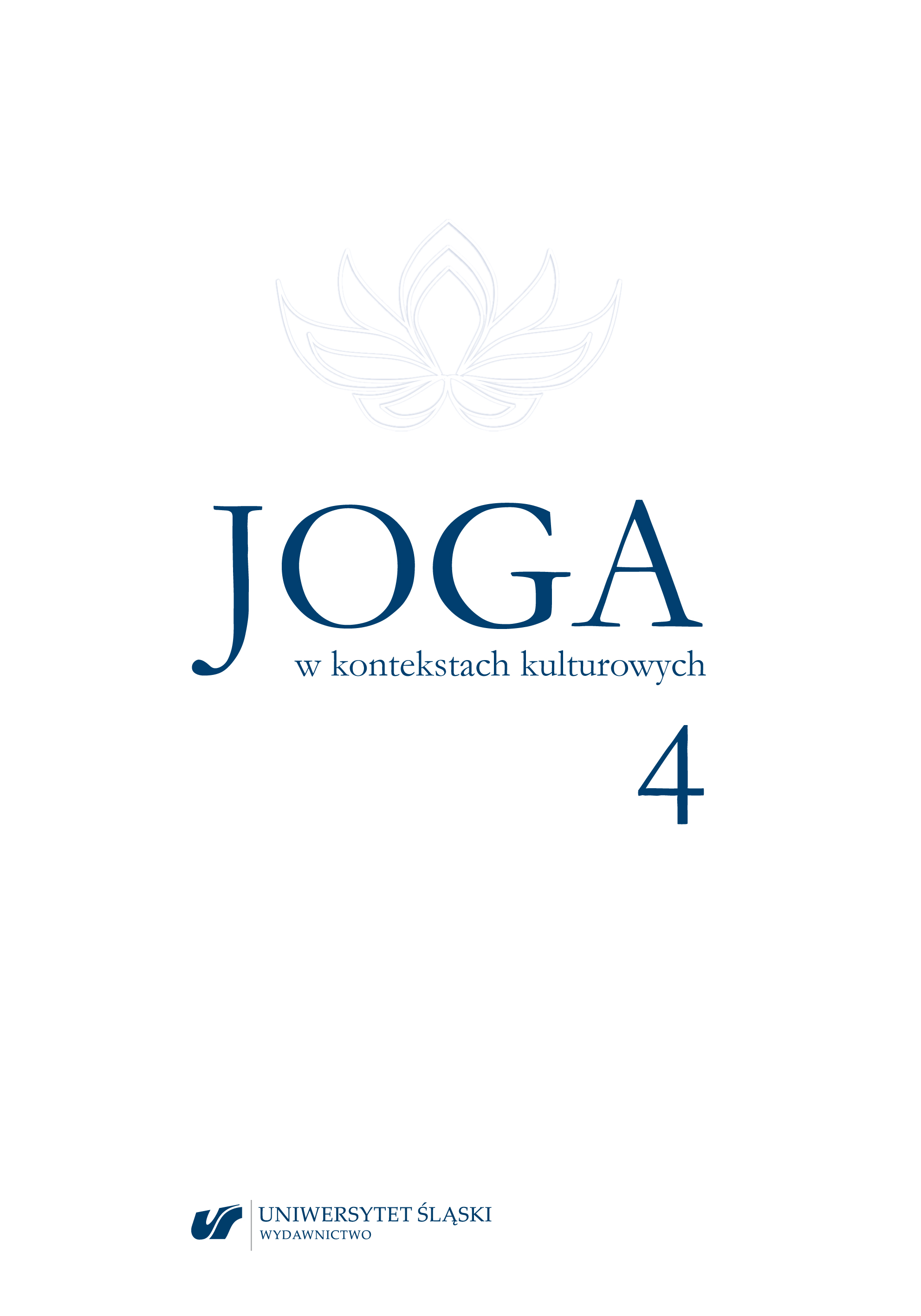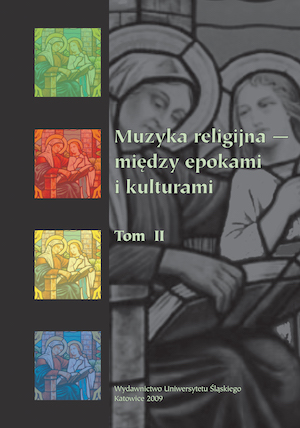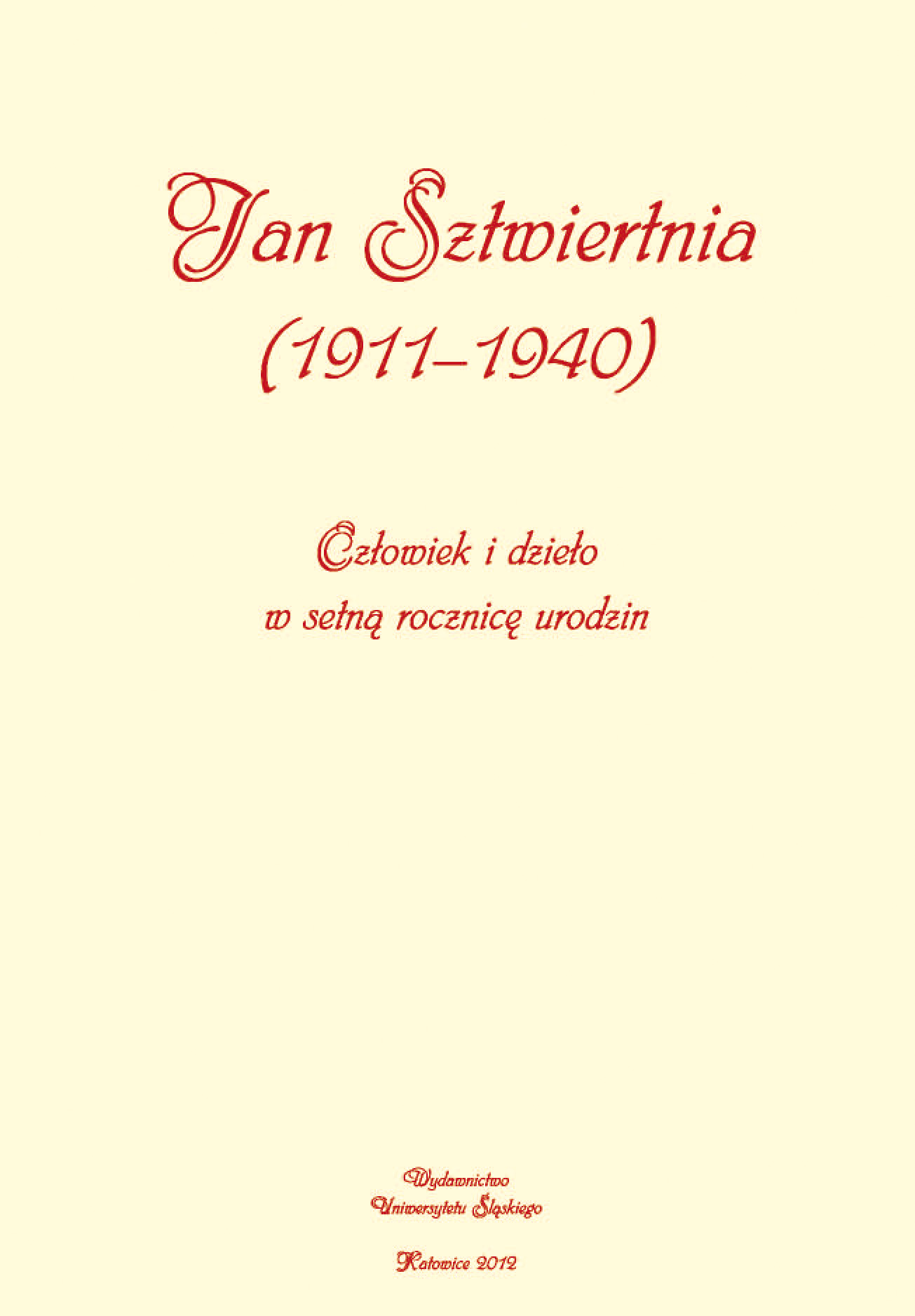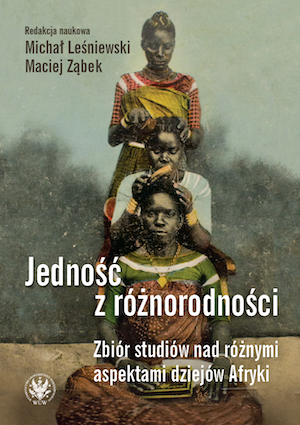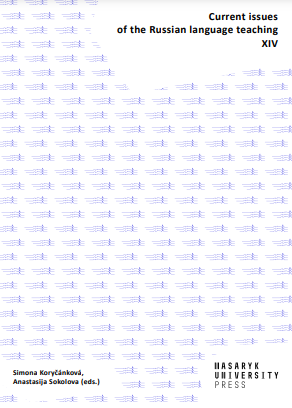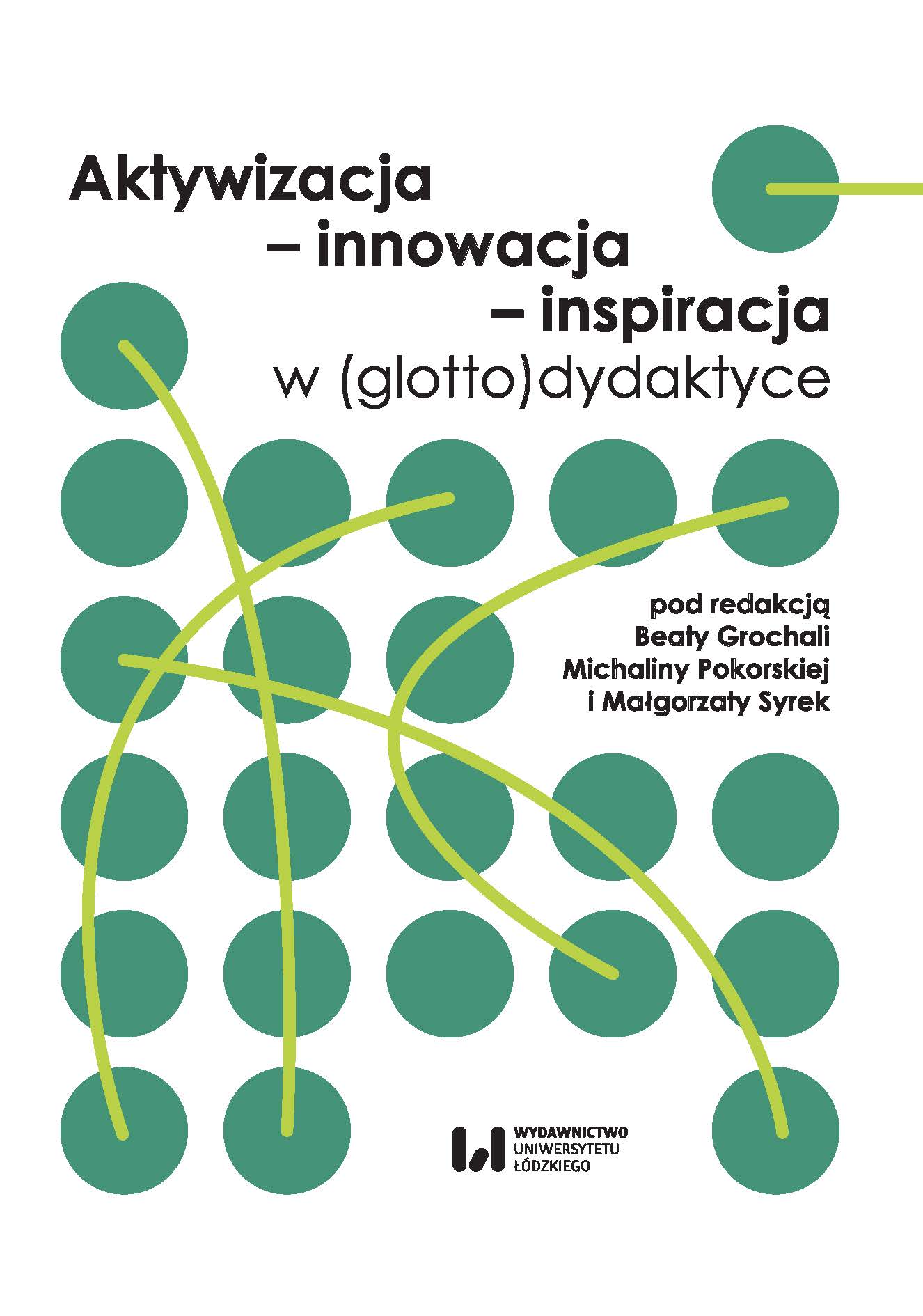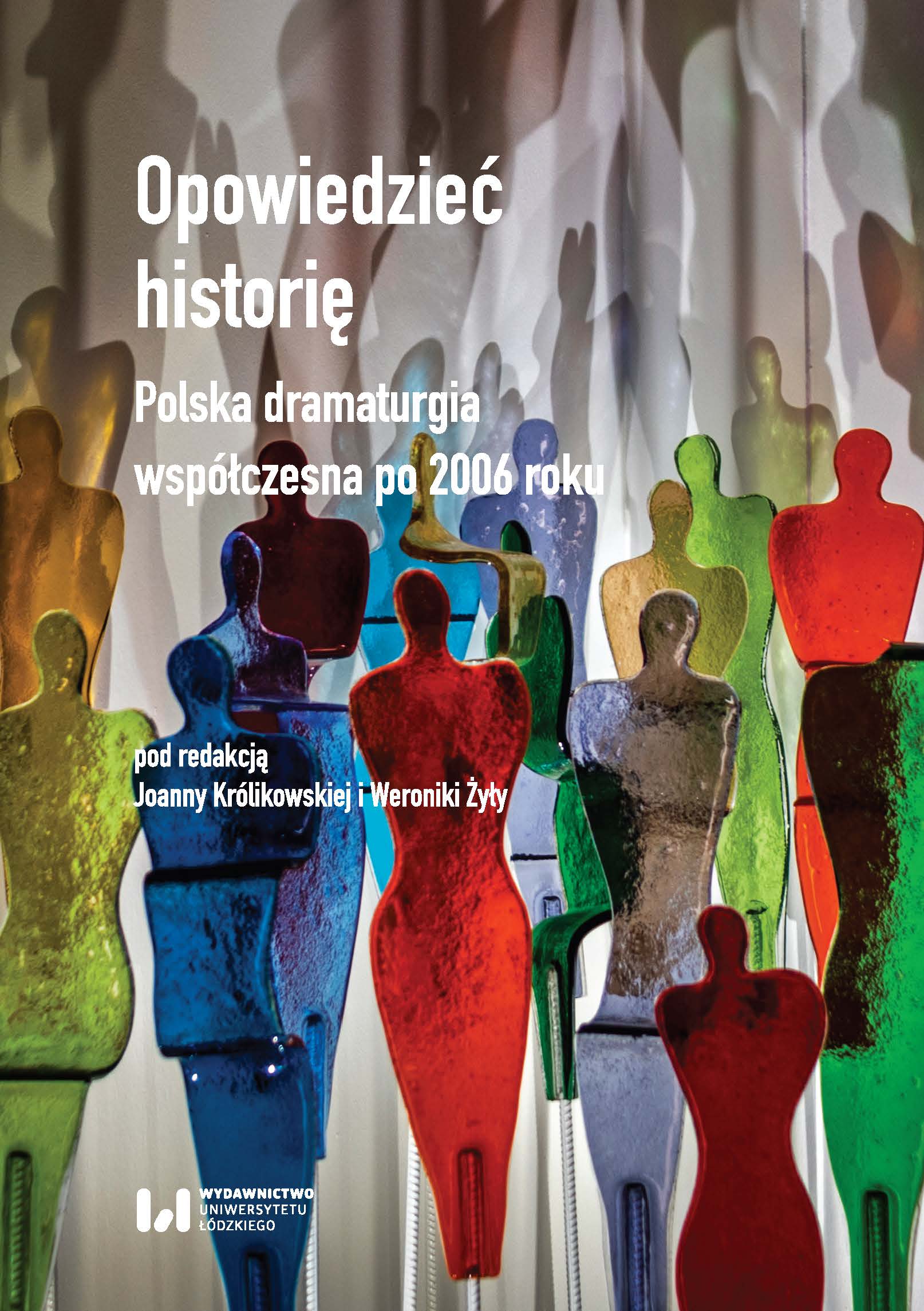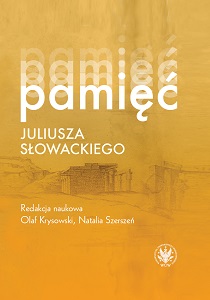Loca scribendi: geneza pojęcia, definicje i granice użyteczności
Author(s): Anna Adamska / Language(s): Polish
/ Publication Year: 0
Keywords: writing environment; consistory; notary; writer; writing; office; books; XV-XVIII centuries; writing culture
Meant to sketch the methodological frame of the volume, this article discusses varieties of spatial approaches to pre-modern written culture, developed independently in medieval history in many scholarly traditions, separated by the languages in which they publish. Concepts such as “cultural landscape”, “scribal region” or “documentary territory” have their origin in 19th century German scholarly discourse, in which they were known as Kulturlandschaft, Schriftprovinz, and Urkundenlandschaft. The detailed analysis of attempts to prove their usefulness for modern scholarship shows marked similarities with the spatial concepts used in French cultural history, with lieux (places) as the key term. The idea of lieux de savoir (places of knowledge), with among them lieux d’écriture (places of writing), has been developed from 2007 onwards by Christian Jacob. Although this French scholar perceived as pre-modern lieux d’écriture only places of ‘re-production’ of written texts (workshops of copyists and printing houses), his appeal to elaborate the ‘map’ of such places nevertheless inspired the main idea of the volume: to draw the map of the centres of written culture in the pre-modern Polish-Lithuanian Commonwealth. Important changes in the paradigm of research on medieval literacy and communication from the 1990s onwards, however, urge us to define anew the concept of lieux d’écriture (or rather that of loca scribendi, better suited to the Polish scholarly tradition). The term here signifies not only copyists’ ateliers and printing houses, but all institutional and private places of the creation of various types of texts (belonging to the various segments of literate behaviour), be they the scribal offices of the municipalities and of the State’s administration, monastic houses, parishes, episcopal chanceries, schools, and even private homes. This all-embracing definition of loca scribendi results in the requirement to abandon the traditional division between the ‘medieval’ and ‘early modern’ periods. Drawing the map of places where written texts were created in the territory of the multiethnic and multilingual Polish-Lithuanian Commonwealth, within its chronological boundaries of 1385 and 1795, provides a chance to investigate the continuous existence of some and the ephemeral character of other loca, as well as the fluidity of the “centres” and “peripheries” of written culture.
More...
